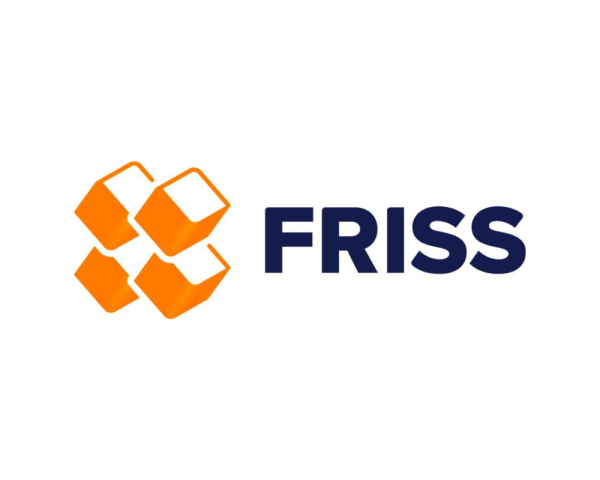How Digital Trust Strengthens Customer Loyalty
In today’s fast-paced world, insurance companies face the challenge of balancing customer trust with quick service. Technology allows quick decisions and real-time service but also makes customers more impatient and demanding. Insurance carriers must meet these needs while being careful, especially to prevent fraud.
Good processes help maintain customer trust. But trust can also slow down services. This blog looks at whether customer interest and care can work together.
The Shift from Distrust to Trust Automation
In the past, carriers unfortunately had little options than to operate based on distrust, focusing on controlling damage. There are many rules to manage risks and avoid losses. Now, the industry is moving towards each customer’s experience. Modern carriers want to build personal relationships. They use technology to meet each customer's needs. The market is less about groups and statistics and more about serving one unique person well.
Trust. Automated. A Solution for Modern Challenges
Automating trust processes helps carriers manage lots of interactions smoothly. If you can automate who to trust based on real-time data, carriers can act quickly and focus on high-risk cases, while speeding up low-risk ones. By using advanced analytics and machine learning, the platform spots patterns and odd behaviors.
Key Parts of Trust Automation
- Primary Verification: Checking personal details, income, and more to ensure accuracy. This step ensures that the information provided by customers is correct, which builds a foundation of trust.
- Text Mining and Anomaly Detection: Analyzing large amounts of data to find unusual patterns and potential fraud. This helps in identifying risks early and avoiding potential losses.
- Social Network and Voice Analysis: Mapping social links and analyzing voice signals to judge trustworthiness. Understanding relationships and how people communicate helps in assessing risk more accurately.
Benefits of Trust Automation
Automating trust brings significant benefits for both customers and carriers.
Customers value quick and efficient service. With trust automation, carriers can offer expedited claims processing for trustworthy clients. This reduces wait times and improves customer satisfaction. Happy customers are more likely to remain loyal, refer others, and even purchase additional policies.
For carriers, the benefits extend beyond customer satisfaction. Trust automation streamlines operations by handling large volumes of data and interactions consistently. Carriers can standardize verification processes, ensuring that all customers are treated fairly. This consistency builds trust and helps in maintaining a positive reputation.
Detecting and Preventing Fraud
As data grows, systems get more complex. This affects decision-making speed and makes fraud harder to spot. Trust automation helps normalize and standardize many processes. It lets skilled staff check exceptions when needed. Examples include:
- Text Mining: Analyzing large amounts of text for patterns and tendencies. This involves scanning through documents, emails, and other text data to find inconsistencies or red flags.
- Anomaly Detection: Identifying items or events that don’t fit expected patterns. This could be unusual claim amounts or irregular policyholder behavior.
- Social Network Analysis: Mapping social structures to find hidden connections. This technique helps in identifying relationships that may not be apparent but could indicate collusion or fraud.
- Voice Analysis: Using voice analysis to catch signals of someone’s state of mind. Voice patterns can reveal stress or dishonesty, providing additional clues during claims processing.
- Financial Risk Analysis: Charting the financial risk of a company or person using public info. This step helps in assessing the overall risk profile based on financial stability and history.
Conclusion
Fraud prevention and customer trust can work together. By using technology to automate trust, carriers meet modern customer needs while maintaining care. Trust automation boosts customer loyalty and makes operations efficient. It is a valuable tool for the insurance industry. As the insurance world changes, carriers must use new solutions like trust automation to stay competitive. Building trust through technology helps carriers create lasting customer relationships and ensure long-term success.
In summary, trust automation is not just about preventing fraud; it's about creating a more efficient and customer-centric insurance experience. Technology is reshaping the industry, and those who embrace these changes will lead the way in customer satisfaction and operational excellence.
Sponsored by ITL Partner: FRISS








